Canada’s Blockchain Advantage: Small Enough to Move Fast, Big Enough to Matter
Whoever wins the election April 28, Canada has the talent, history, and agility to become the first G7 nation to fully embrace a blockchain-forward future.
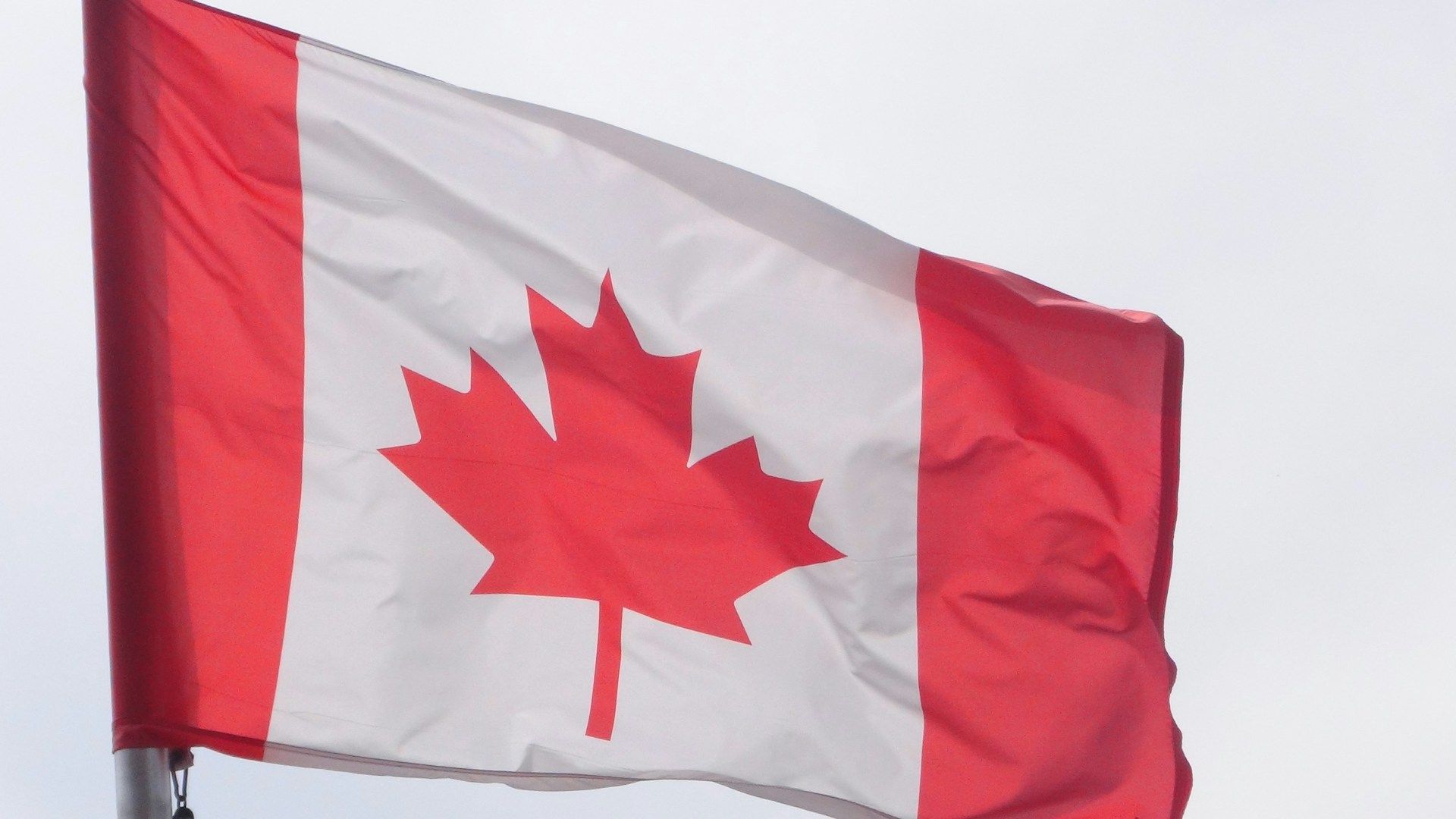
Over the past several years, global discourse around blockchain has been dominated by the United States — its legislative gridlock, inter-agency turf wars, and intermittent moments of regulatory clarity. As the U.S. continued to grapple with its internal contradictions, other jurisdictions have sought to fill the void. Switzerland, Singapore, Hong Kong, Dubai, and Gibraltar positioned themselves as crypto hubs. Yet, each of them faced a critical limitation: none were natural centers of technological innovation at global scale.
Canada, by contrast, holds an often-overlooked but exceptionally strategic position. Not only is it geographically and culturally aligned with the United States, but it also shares a kindred entrepreneurial ethos. More importantly, Canada has deep, organic roots in blockchain innovation. Ethereum — arguably the most important programmable blockchain platform, second only to Bitcoin by market capitalization — was conceived in Toronto.
William Mougayar is the Toronto-based author of the best-selling book, The Business Blockchain. Consensus 2025 takes place in Toronto May 14-16.
Blockstream, the core Bitcoin infrastructure company, is based in Montreal. It is commonplace to find Canadian engineers, developers, and executives playing pivotal roles in leading U.S. blockchain firms. Thousands more contribute independently as blockchain technologists and software developers.
Beyond this historical significance and talent base, Canada has a critical structural advantage: agility. Where the United States is weighed down by institutional complexity, Canada can be nimble.
In the U.S., the path to coherent crypto regulation remains tangled in bureaucratic inertia. Legislation shuttles between the House and Senate, often stalling or contradicting itself. Agencies such as the SEC and CFTC continue to compete for jurisdiction. Even with the appointment of a White House crypto czar and an executive director, implementation continues to lag. For all its ambition, the U.S. regulatory machine moves like a supertanker — slow to pivot and burdened by procedural friction.
Canada, in contrast, benefits from fewer layers of government, closer coordination between agencies, and a regulatory culture that — when sufficiently motivated — can respond with speed and clarity. This structural simplicity presents a rare opportunity: Canada can leapfrog the U.S. by becoming the first G7 nation to adopt a coherent, innovation-friendly blockchain strategy.
Here’s what that plan could look like:
- Welcome global blockchain companies. Attract top-tier talent and startups with streamlined immigration pathways, R&D credits, targeted tax incentives, and bold partnerships.
- Establish a crypto-friendly tax regime. Modernize tax policy to support — not penalize — the use and holding of digital assets. Capital gains treatment, staking income, and token issuance rules must be clarified and calibrated to encourage innovation.
- Clarify and streamline regulation. Strong consumer protection and financial integrity remain essential, but ambiguity and overreach risk undermining innovation. Canada can offer clear, proportionate, and globally respected rules of engagement.
- Mandate crypto access within Canadian banks. Facilitate institutional adoption by encouraging banks to integrate blockchain systems and enable seamless, secure access to regulated crypto platforms, including holding stablecoins.
- Integrate blockchain into capital markets. Empower TMX and provincial exchanges to list approved digital assets and stablecoins. Allow registered dealer-brokers to offer decentralized finance (DeFi) products to retail and institutional clients.
- Promote blockchain use within the government. Encourage public agencies to pilot blockchain applications, sharing results and best practices to accelerate adoption across departments and services.
- Establish a national cryptocurrency reserve. In coordination with the Bank of Canada, explore holding select digital assets on the national balance sheet — an idea whose time has come.
All of these steps are part of a larger imperative: future-proofing Canada’s economy. Blockchain is no longer an emerging technology — it is actively reshaping sectors such as finance, digital identity, supply chains, and gaming. Countries that lead in its adoption will reap the economic dividends and shape the architecture of the digital age.
The United States may have scale, momentum, and an aggressive mindset, but it is also paralyzed by internal conflict and structural inefficiencies. Canada, by contrast, is small enough to be agile, yet large enough to make an impact.
Canada must act. The opportunity to lead in blockchain innovation is still wide open. Canada is uniquely positioned to seize it. No matter the outcome of the election on April 28, any serious national agenda must include a bold and forward-thinking blockchain policy.



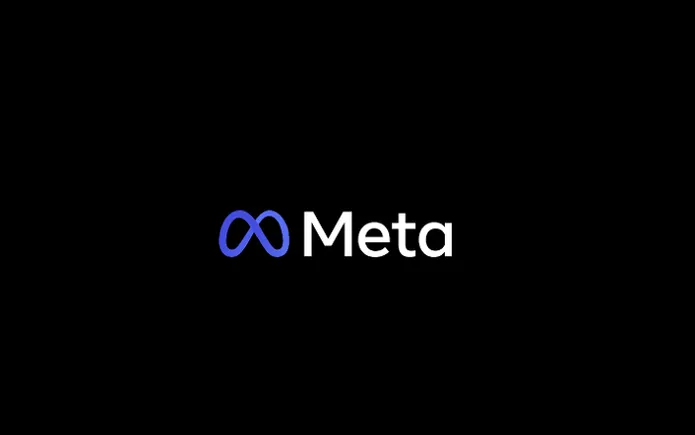

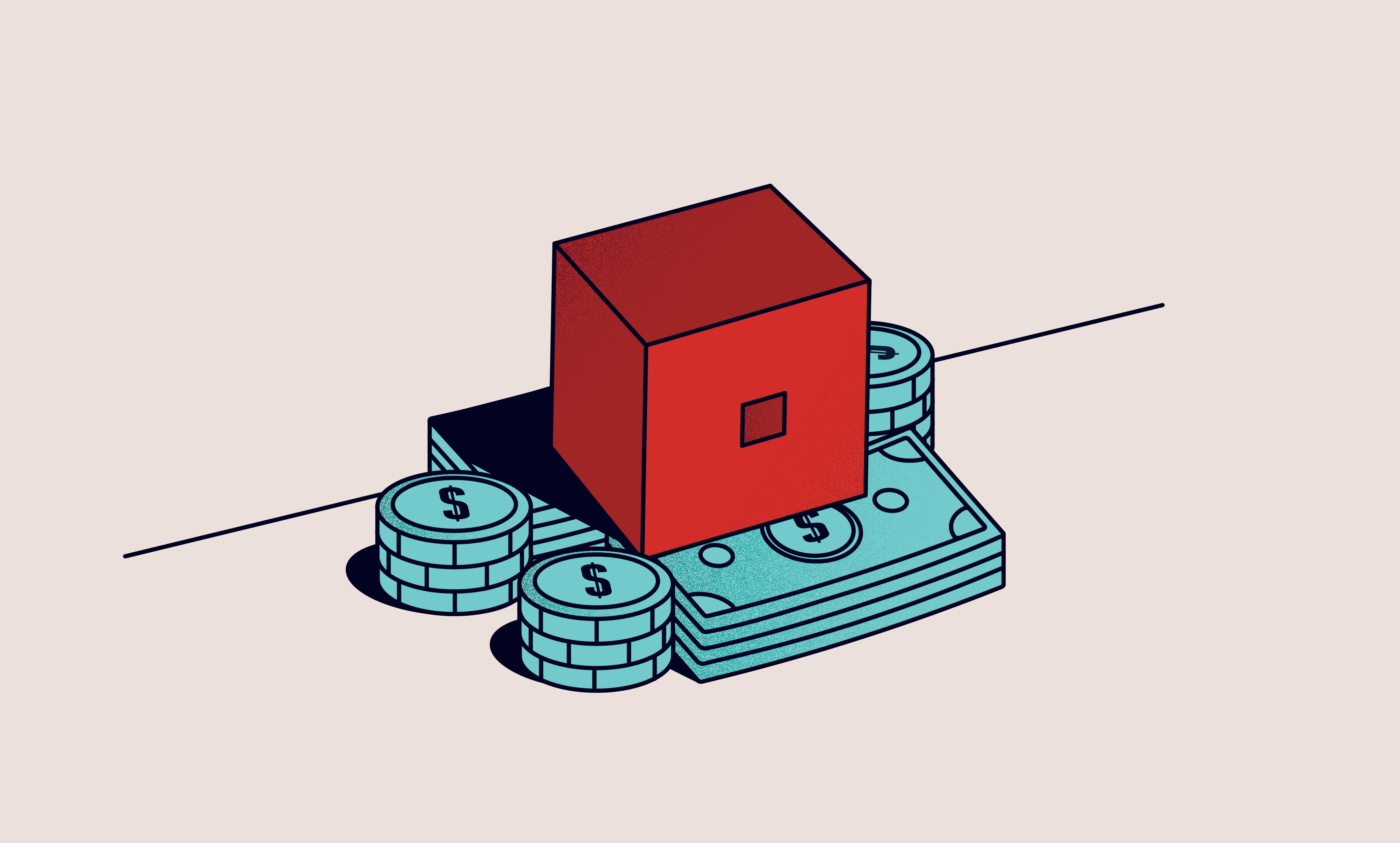


























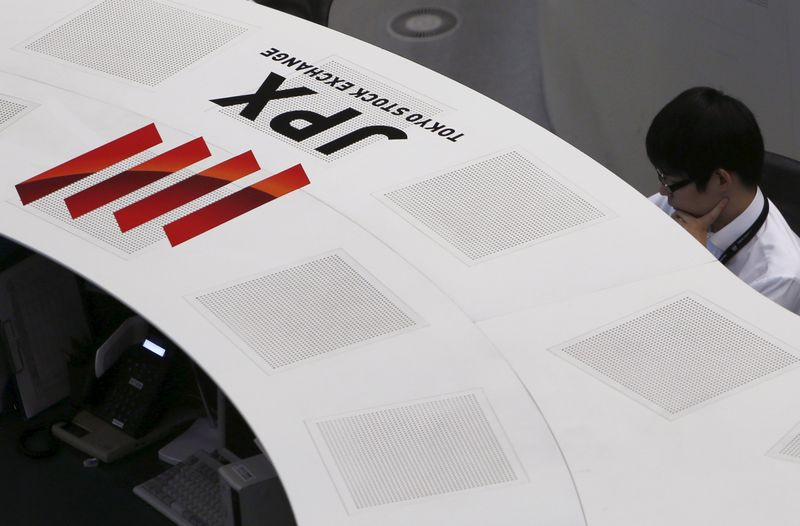
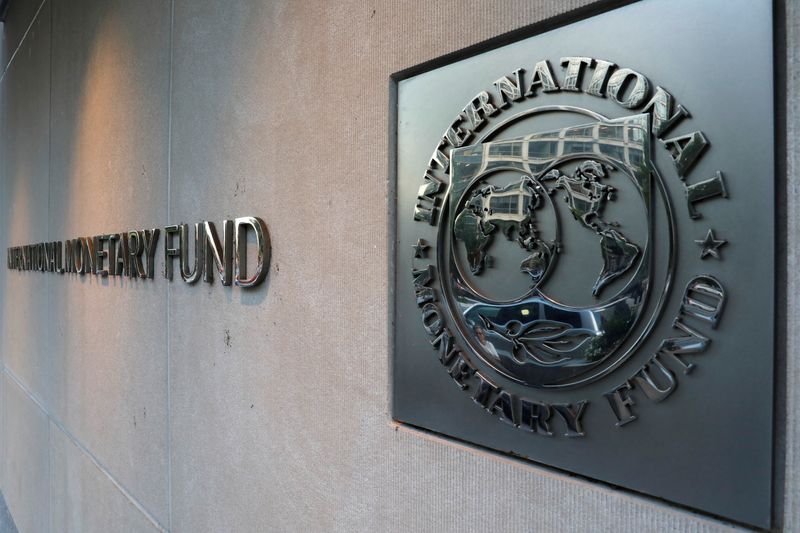

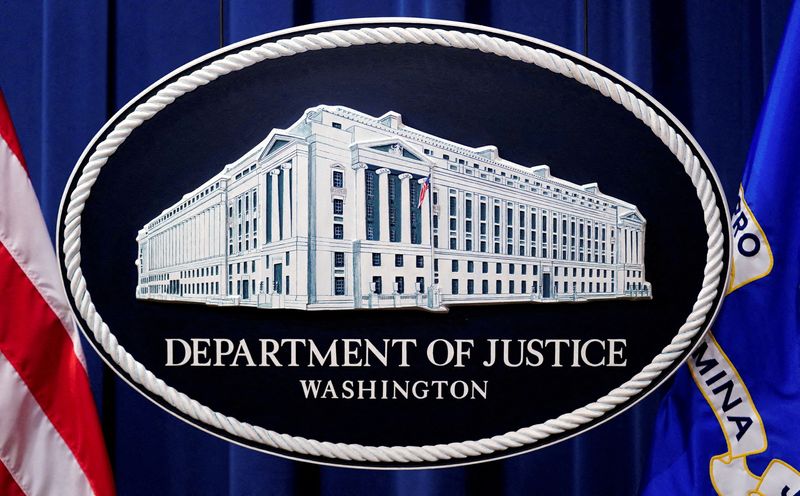






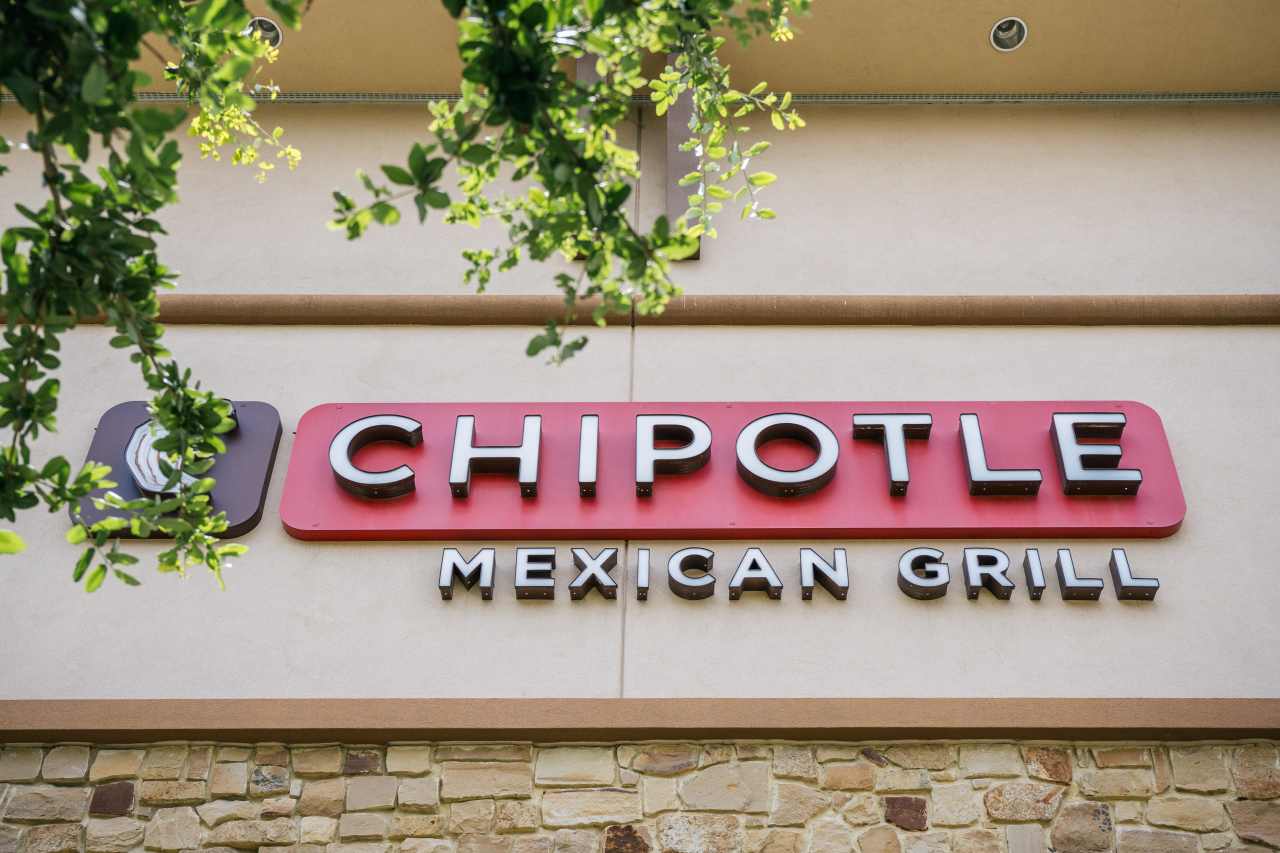


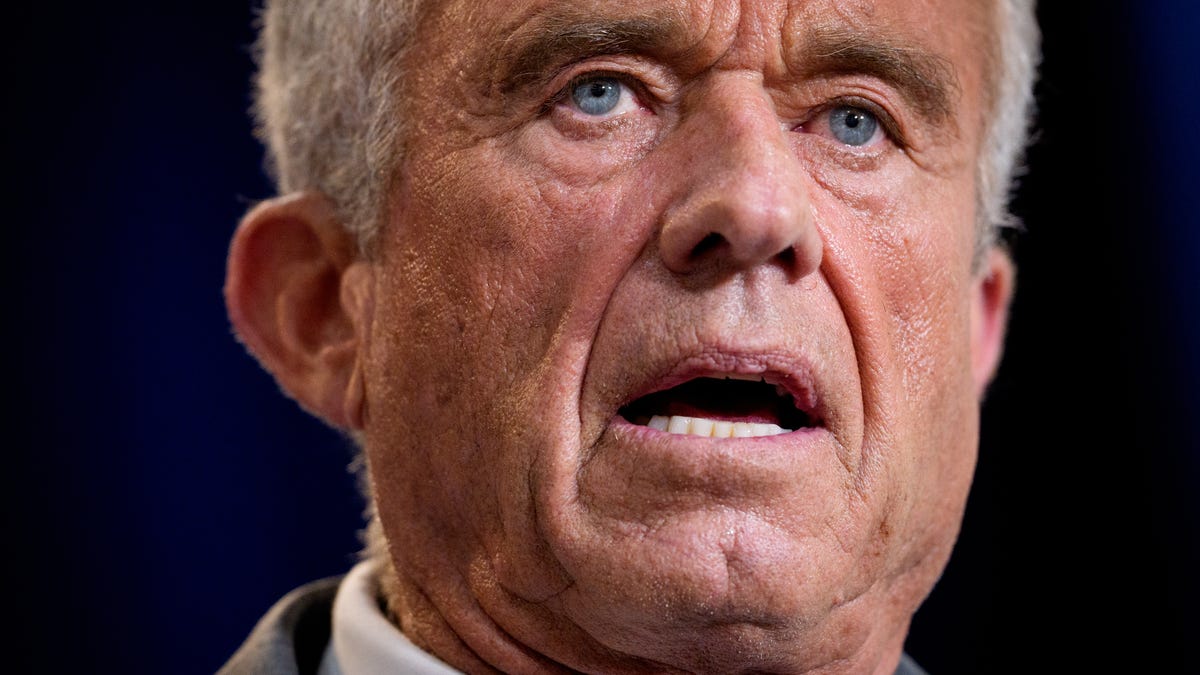































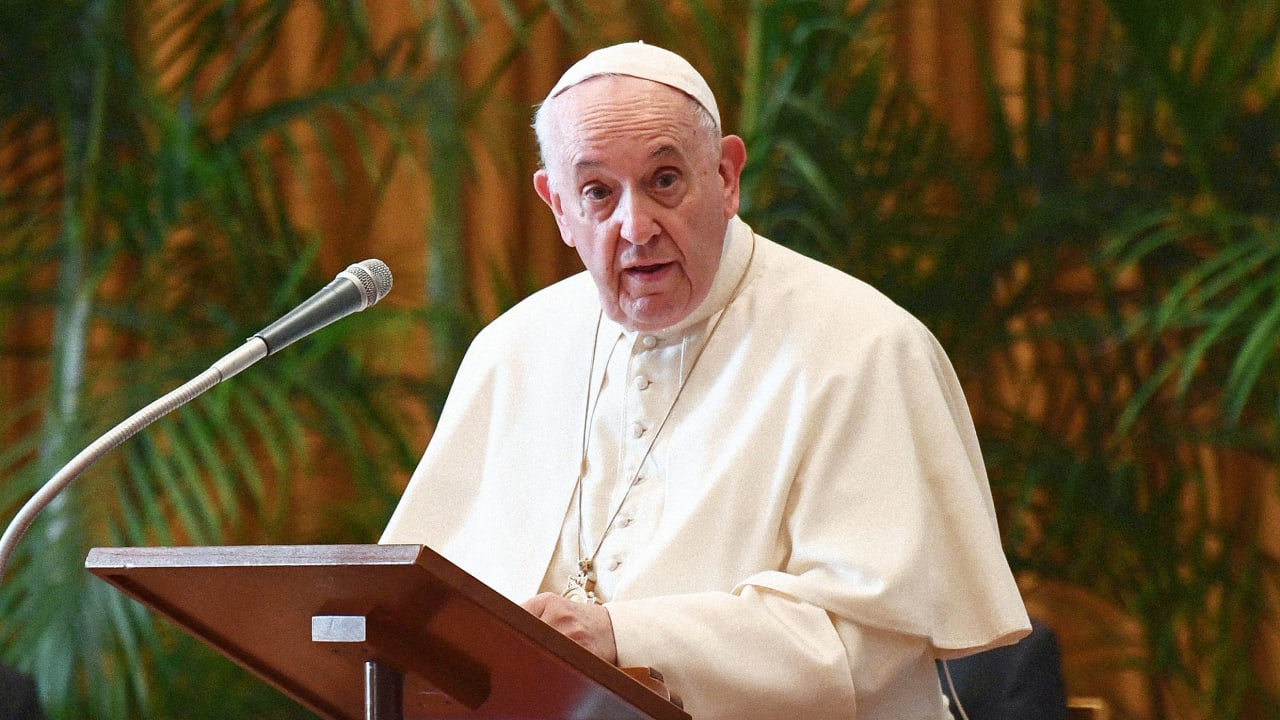












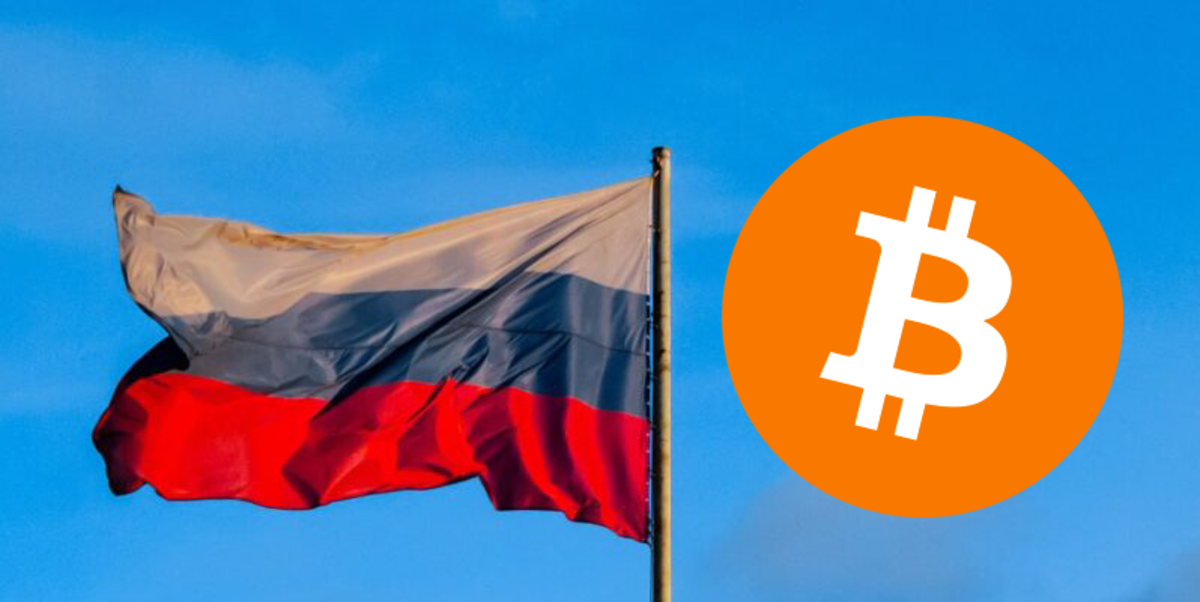









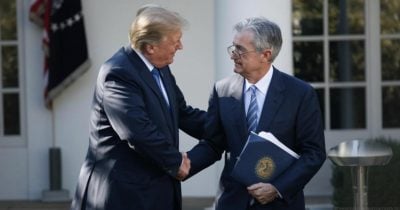



































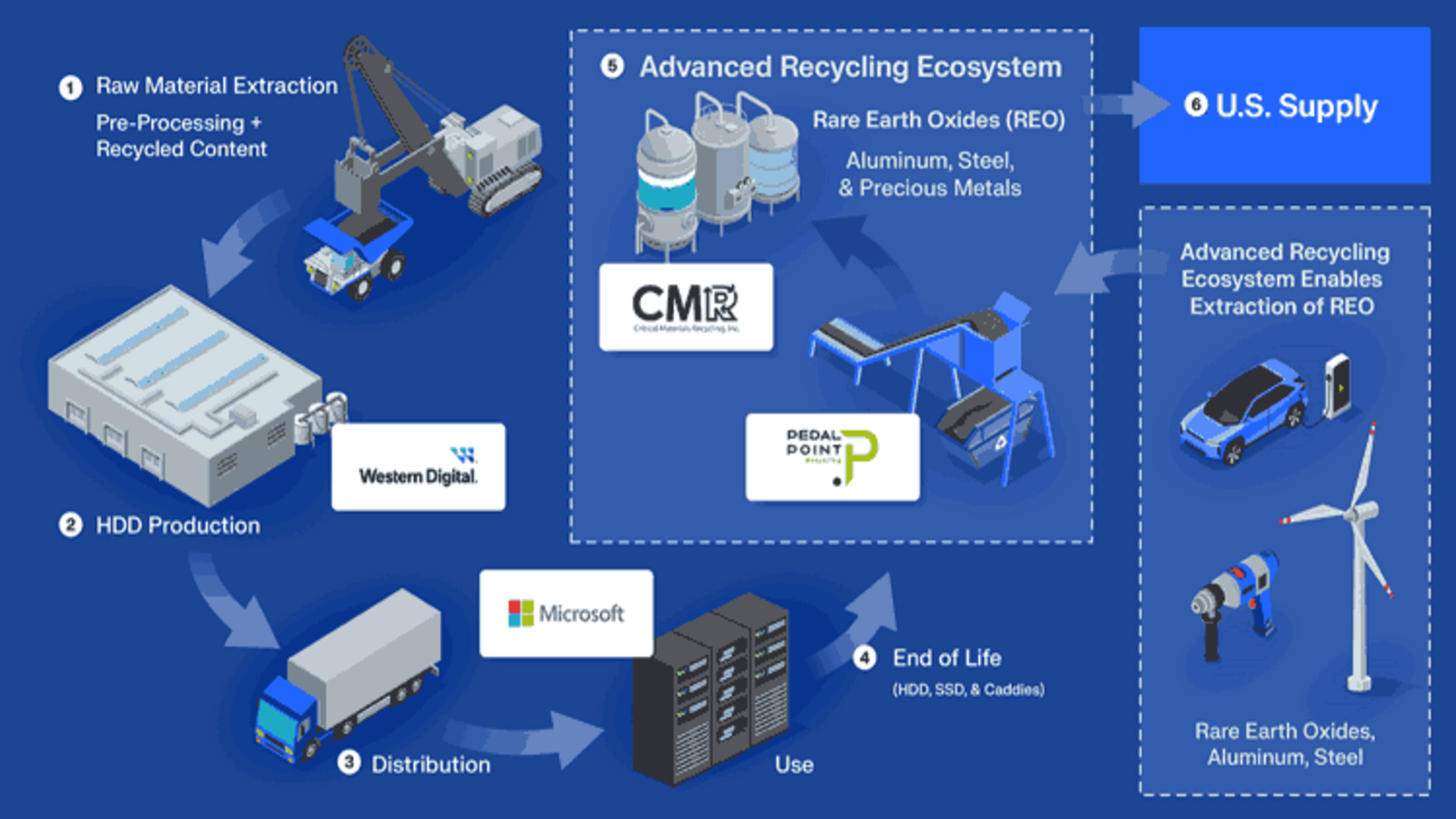

























































![How to Find Low-Competition Keywords with Semrush [Super Easy]](https://static.semrush.com/blog/uploads/media/73/62/7362f16fb9e460b6d58ccc09b4a048b6/how-to-find-low-competition-keywords-sm.png)
